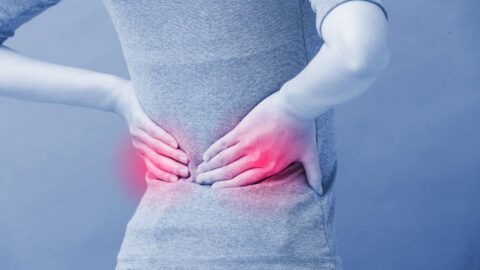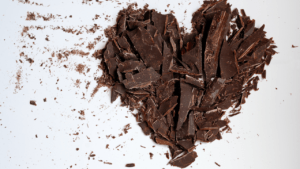Is Andropause a Myth in the Ageing Male?
by Vanita Dahia
Andropause is a phase that may happen in a man’s life as he ages. As a man ages, his energy levels and muscle tone might spiral downwards at first, followed by a lack of enthusiasm and decreased interest in sex. At midlife, men are as susceptible to hormone changes as seen in women at menopause.
Androgen deficiency in the ageing male (ADAM), also known as Andropause or male menopause signifies a dip in key male hormones such as Testosterone and DHEA. These key male hormones work in synergy with other sex hormones like estrogen and DHT as well as neurotransmitters like dopamine and serotonin.
By the time a man reaches his 50’s, his Testosterone dips and estrogens can become more dominant leading to symptoms of moodiness, fatigue, loss of libido, what some would call “the grumpy man’s syndrome”.
Life’s stresses and lack of exercise are some of the factors that impact a man’s stamina and virility.
When does a male experience hormone changes?
As a man ages, his Estrogen levels may be the same as that of a woman’s at the age of 59. This one of the reasons a man may gain a pot belly or become grumpy, a bit like a woman who is menopausal.
The hormonal changes in aging males, often referred to as andropause or late-onset hypogonadism, are typically a slow and gradual process, unlike the sharp drop seen in female menopause.
- Initial Decline: Testosterone levels, the primary male hormone, generally begin a subtle decline of about 1% to 2% per year starting around age 30 to 40.
- Symptom Onset: While the drop begins early, most men who experience noticeable symptoms (such as reduced libido, fatigue, mood changes, and muscle loss) tend to see them emerge later, usually between their late 40s to early 50s.
- Individual Variation: Importantly, the rate of decline and the critical level that triggers symptoms varies significantly. Many older men maintain normal levels, while others may experience significant symptoms due to factors like obesity, chronic illness, or specific medications, sometimes at a younger age.
What does it feel like to be Andropausal?
The experience of andropause can vary from man to man. Some men may not experience any symptoms at all, while others may experience a wide range of physical and emotional changes.
Common physical symptoms of andropause include:
- Low sex drive
- Erectile dysfunction
- Loss of muscle mass
- Fatigue
- Weight gain
- Hot flshes
- Night sweats
- Difficulty sleeping
- Mood swings
- Depression
- Irritability
- Anxiety
Test for Male Hormones – Andropause, Prostate, Urinary Issues
Measuring male hormones in aging males identifies clinically low testosterone (hypogonadism). This is crucial for addressing non-specific symptoms like reduced libido, fatigue, muscle loss, and depressed mood.
Early detection allows for targeted treatment and optimization of overall health, bone density, and metabolic function
Educational Webinar
Is Andropause a Myth in the Ageing Male?
As a man ages, his energy levels and muscle tone might spiral downwards at first, followed by a lack of enthusiasm and decreased interest in sex. At midlife, men are as susceptible to hormone changes as seen in women at menopause.
Androgen deficiency in the ageing male (ADAM), also known as Andropause or male menopause signifies a dip in key male hormones such as Testosterone and DHEA. These key male hormones work in synergy with other sex hormones like estrogen and DHT as well as neurotransmitters like dopamine and serotonin.
By the time a man reaches his 50’s, his Testosterone dips and estrogens can become more dominant leading to symptoms of moodiness, fatigue, loss of libido, what some would call “the grumpy man’s syndrome”.
Life’s stresses and lack of exercise are some of the factors that impact a man’s stamina and virility.
Crucially, the gradual imbalance of hormones during andropause extends beyond mood and physical performance; the resulting relative decrease in testosterone and increase in estrogen can negatively affect cardiovascular health, increase visceral fat deposition, and contribute to bone density loss.
This means the assessment and management of low male hormones isn’t solely about vitality or sexual function, but rather a vital part of preventative health to mitigate serious long-term risks, ensuring longevity and quality of life as men enter their later years.
Learning outcomes
In this webinar, you will learn:
➡️ The plays of hormones in the ageing male
➡️ The andropause picture
➡️ Interplay of sex hormones and mood changes
➡️ measuring andropause
➡️ Sex hormones and prostate health
➡️ Managing andropause naturally and with BHRT




